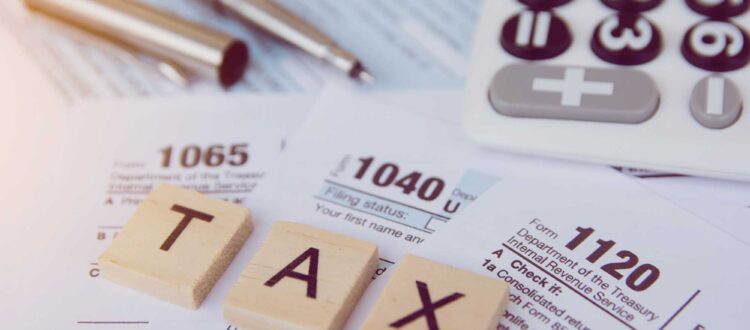Deferring Taxes in Real Estate Using a 1031 Exchange
Very often, usually in political discussions, a group of usually very misinformed individuals will scoff at the “rich” and their “tax loopholes.” It is very common to hear phrases such as “the rich don’t pay taxes” or “tax cuts for the wealthy.” In reality, most of those statements are false and aren’t very well thought out. The truth is that the tax code was written in a way to encourage ALL Americans to invest and build wealth. This doesn’t necessarily mean that tax advantages are ONLY available to the rich. The same tax code applies to a poor person as it does to a wealthy person, the difference is that wealthy individuals have taken the time to educate themselves and have learned to use the various tax advantages available to all Americans in their favor.
Real Estate is also one of the industries in this country that has the most tax advantages, which is why so many investors use it as a way to protect themselves from other tax liabilities. One such advantage, is the 1031 Exchange, a way of deferring taxes by buying more real estate. Here is the definition of a 1031 Exchange as defined by the Internal Revenue Service.
Whenever you sell business or investment property and you have a gain, you generally have to pay tax on the gain at the time of sale. IRC Section 1031 provides an exception and allows you to postpone paying tax on the gain if you reinvest the proceeds in similar property as part of a qualifying like-kind exchange. Gain deferred in a like-kind exchange under IRC Section 1031 is tax-deferred, but it is not tax-free.
The 1031 Exchange basically allows you to “defer” taxes on any capital gains, if you immediately reinvest the proceeds from a sale into a new investment that is similar to the original. For example, let’s say that I purchased a rental property for $100,000. After 1 year, this property is now worth $120,000. If I sell this property after year 1, I would realize a gain of $20,000 (because the property increased in value by that much). Normally, I’d be responsible for paying capital gains taxes on that $20,000. However, if I perform a 1031 Exchange and immediately purchase another rental property for $120,000 or more, I can defer the taxes on that gain. When I sell the second property, I can either pay the original capital gains taxes or 1031 into another property, and so on and so forth.
This is a great tool that is used by investors on a daily basis to continue building wealth while deferring their tax liability. It is one of the many “loopholes” in the tax code that politicians rant and rave about. The only issue is that, it’s NOT a loophole! It is blatantly written in the tax code. The government wants you to do this. They want you to keep investing in their country and build wealth, because the wealthier you get, the wealthier they get!
Also, let’s make something clear, the 1031 Exchange is part of the current tax code and is available for ALL Americans, rich and poor. Of course one could argue that it is much easier for a wealthy person to purchase real estate than it is for someone below poverty line. This is very true, but it’s also not impossible for a poor person to work hard, save up, educate themselves, and eventually purchase an investment property. It starts with a mindset change and a desire to build real wealth.
This is one of the many tax advantages of owning real estate, which is why owning real property is the most powerful way to build wealth. There are many other tax advantages such as depreciation, mortgage interest expense, etc. These are topics for a later date. In the meantime, the next time you hear someone say “the rich don’t pay taxes,” take solace in knowing that you are now slightly more well equipped to have a healthy discussion on the subject.









